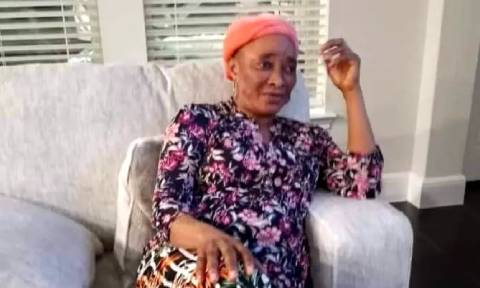
The search for a successor in Ile-ife to head the throne of the Late Oba Sijuwade has raised more battle and controversy among clans in the state.
The Ogboru ruling house has rejected plans by the kingmakers to restrict their selection to the Giesi family.
The Ogboru family is contending that the Giesi ruling lineage should blame itself for conceding its turn to produce an Ooni to the late Oba Sijuwade, saying the concession to the late king was to him as an individual and not to the Ogboru clan as a whole.
There are four ruling houses in Ile-Ife – Lafogido, Giesi, Ogboru, and Oshikola.
Oba Sijuwade, who reigned between 1980 and 2015, is of the Ogboru royal lineage.
The Giesi ruling house last produced an occupant to the position – Ooni Derin Ologbenla – between 1880 and 1894.
The other royal houses have also taken turns to produce Obas for the ancient town at various times.
The development has raised the tempo of the contest for the traditional stool, with fears that getting a new traditional ruler for the ancient town may not be tension and crisis-free after all.
Evenry family houses are insisting that its their turn to produce the next Ooni to succeed Mr. Sijuwade, who joined his ancestors on July 28.
He said another memorandum issued by the old Oyo State Government dated September 16, 1980 on the appointment of the Ooni provided for four ruling houses: Osinkola, Ogboru, Giesi and Lafogido in that order but concluded that the order of rotation among the ruling houses should be as follows: “( 1) Osinkola (2) Ogboru (3) Giesi (4) Lafogido.”
“We want all and sundry to please note that the Osinkola House produced our father Oba Adesoji Aderemi who ruled for 50 years in Ile-Ife and was immediately succeeded by Oba Okunade Sijuwade from Ogboru House who has just transited,” he said.
“It then follows that the next ruling house to produce the next Ooni of Ife should automatically and normally come from Giesi Ruling House as the government approved rotational arrangements.”
But a section of the Ogboru ruling house is raising questions about the order in which the families produce the Ooni.



















